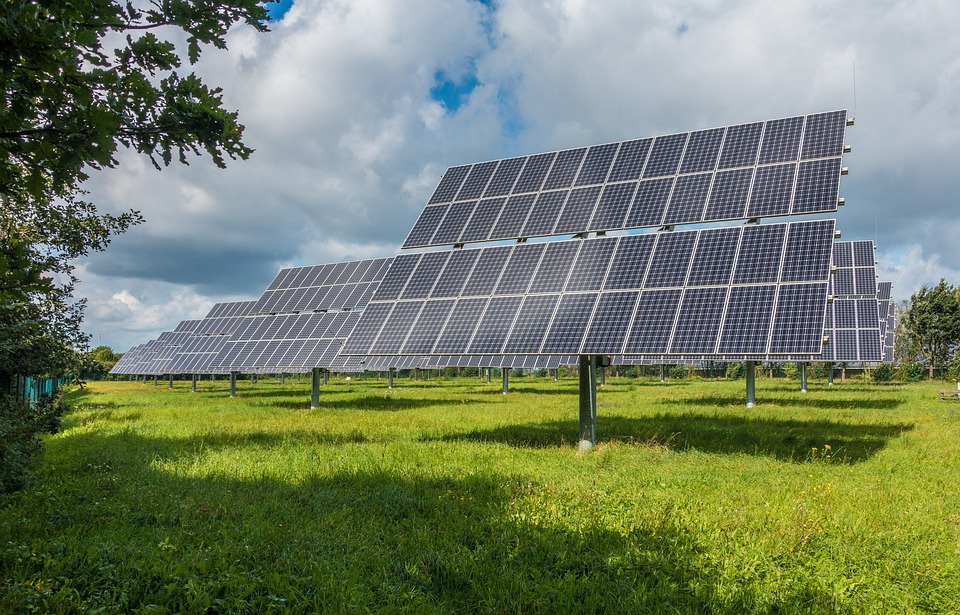Introduction
Balancing energy security and sustainability in energy policy is a complex task that governments and policy makers around the world are facing. As the demand for energy continues to rise, there is a growing need to ensure that energy resources are managed in a way that meets current needs without compromising the ability of future generations to meet their own needs. In this article, we will explore the challenges and strategies associated with achieving a balance between energy security and sustainability in energy policy.
Challenges
Energy Security
Energy security refers to the availability of energy resources at a reasonable cost to meet the needs of society. One of the primary challenges in achieving energy security is the reliance on fossil fuels, such as oil, coal, and natural gas, which are finite resources that contribute to environmental degradation and climate change. Additionally, geopolitical conflicts and fluctuations in global energy markets can impact the reliability of energy supplies, leading to potential disruptions in energy security.
Sustainability
Sustainability in energy policy focuses on ensuring that energy resources are used in a way that meets current needs without compromising the ability of future generations to meet their own needs. This involves reducing greenhouse gas emissions, transitioning to renewable energy sources, and promoting energy efficiency. However, the transition to a more sustainable energy system can be costly and require significant infrastructure investments.
Strategies for Balancing Energy Security and Sustainability
Promoting Renewable Energy Sources
One of the key strategies for balancing energy security and sustainability is to promote the use of renewable energy sources, such as solar, wind, and hydroelectric power. These sources of energy are abundant, widely available, and have lower environmental impacts compared to fossil fuels. By investing in renewable energy infrastructure, countries can reduce their dependence on imported fossil fuels and increase their energy security.
Improving Energy Efficiency
Another important strategy for balancing energy security and sustainability is to improve energy efficiency in all sectors of the economy. This includes investing in energy-efficient technologies, such as LED lighting, smart thermostats, and electric vehicles, as well as implementing energy conservation measures. By reducing energy consumption, countries can lower their greenhouse gas emissions, decrease their reliance on fossil fuels, and enhance their energy security.
Diversifying Energy Sources
Diversifying energy sources is essential for enhancing energy security and sustainability. By using a mix of energy sources, countries can mitigate the risks associated with fluctuations in global energy markets and geopolitical conflicts. This can include a combination of fossil fuels, renewable energy sources, and nuclear power. By diversifying their energy mix, countries can ensure a stable and reliable energy supply while reducing their environmental impact.
Investing in Energy Storage
Energy storage is a critical component of a balanced energy policy. By investing in energy storage technologies, such as batteries and pumped hydro storage, countries can store excess energy generated from renewable sources and use it when needed. This can help to stabilize the grid, reduce the need for expensive peaker plants, and enhance energy security. Additionally, energy storage can help to integrate intermittent renewable energy sources, such as solar and wind power, into the grid more effectively.
Conclusion
Balancing energy security and sustainability in energy policy is essential for ensuring a stable, reliable, and sustainable energy system for future generations. By promoting renewable energy sources, improving energy efficiency, diversifying energy sources, and investing in energy storage, countries can enhance their energy security while reducing their environmental impact. Governments and policy makers must work together to develop comprehensive energy policies that address the challenges and opportunities associated with achieving a balance between energy security and sustainability.
